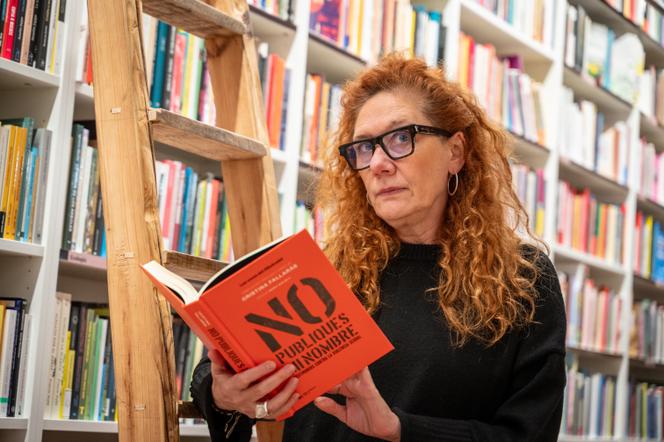

LETTER FROM MADRID

There's the young girl who was molested by an old family friend, and the one who was raped by a cousin at the age of 10. There are the women who endured an inexplicable anal exploration at their OBGYN's office, or a breast massage by an insistent osteopath and those whose assailant is a politician or filmmaker that are, allegedly "well known." There are cases of rape and sexual abuse, of hands-on buttocks in nightclubs, of rubbing in the subway, of exhibitionism in the street, and of harassment in the office. By the hundreds, by the thousands, even, testimonials from anonymous women are piling up on the Instagram page of Spanish writer and journalist Cristina Fallaras.
For over a year, this 56-year-old feminist activist, close to the radical left-wing Podemos party, has decided to turn her social media page, with its 250,000 subscribers, into a "safe space," in her own words, where women can vent. Fallaras, herself a victim of sexual violence, publishes all the testimonials she receives, in the form of screenshots, without changing a comma. She doesn't question their veracity, which she takes for granted, nor their relevance, allowing stories of great violence to mingle with others that are harmless or, at worst, crude.
You have 80.27% of this article left to read. The rest is for subscribers only.
